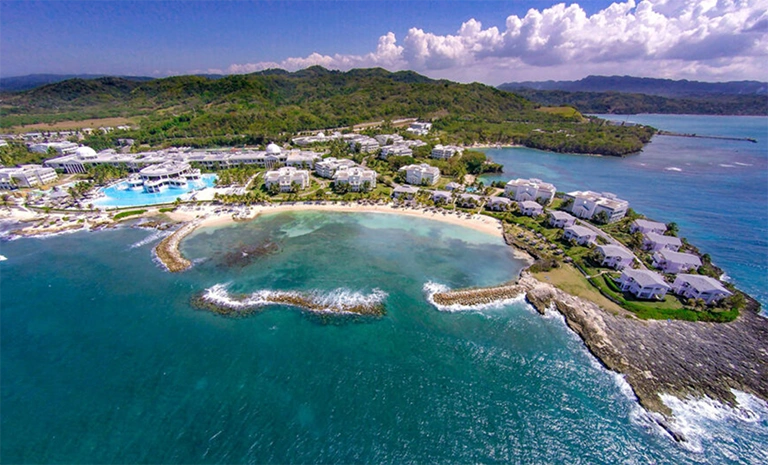Caribbean Hotel Leaders Call for Bold Action on Sustainable Tourism

The Caribbean’s future as the world’s most tourism-dependent region is inseparable from the health of its environment. Rising seas, stronger storms, and high energy costs are not abstract challenges—they are daily realities for destinations whose economies and communities rely on travel. Against this backdrop, industry leaders are using World Tourism Day 2025 to sound a clear call: sustainability can no longer be a side project, it must be at the core of Caribbean tourism.
On the occasion of World Tourism Day 2025, the Caribbean Hotel and Tourism Association and its environmental arm, the Caribbean Alliance for Sustainable Tourism, are calling on regional leaders, industry partners, and communities to embrace bold steps toward sustainable transformation in Caribbean tourism.
This year’s global theme, “Tourism and Sustainable Transformation,” is more than a slogan, according to CHTA—it is a challenge and a commitment to advance the Caribbean as a beacon of responsible travel, economic prosperity, and environmental resilience.
“The Caribbean is the world’s most tourism-dependent region and one of the most climate-vulnerable,” said Sanovnik Destang, President of the Caribbean Hotel and Tourism Association. “Our economies rely on healthy ecosystems, resilient communities, and stable energy infrastructure. To secure tourism’s future as a force for good, we must transform how we power our destinations, plan for growth, and safeguard the unique resources that define our region.”
Accelerating Clean Energy Adoption
The call to action builds on advocacy initiated earlier this year on Earth Day, urging the tourism industry to accelerate adoption of clean energy, improve operational efficiencies, and invest in climate-smart infrastructure. According to the World Travel & Tourism Council, just 2.3 percent of today’s Caribbean tourism energy is provided by renewables—underscoring the urgent need for change.
The Caribbean Hotel and Tourism Association and the Caribbean Alliance for Sustainable Tourism are urging governments and regulators to update outdated energy policies, stimulate market competitiveness, and fast-track investment in renewable energy solutions.
Regional Leadership in Action
Recent efforts in Saint Lucia have been spotlighted as a model of advocacy and leadership. The Saint Lucia Hospitality and Tourism Association has been pushing for stronger renewable energy provisions in the country’s proposed Electricity Act—work that the Caribbean Hotel and Tourism Association and the Caribbean Alliance for Sustainable Tourism say benefits hotels, restaurants, taxi drivers, and communities alike.
There are also tangible successes elsewhere in the region. Dominica’s geothermal project, recently reaching financial close with support from the Caribbean Development Bank, is expected to deliver sustainable baseload power and reduce reliance on imported fossil fuels. Hotels in destinations like Aruba, Barbados, and the Cayman Islands are already investing in solar microgrids, battery storage, and water efficiency measures.
Building on Proven Models
The Caribbean Hotel and Tourism Association and the Caribbean Alliance for Sustainable Tourism also point to the importance of building on established efficiency programs such as the Caribbean Hotel Energy Efficiency and Renewable Energy Action Program, a collaboration with the Caribbean Tourism Organization supported by the Inter-American Development Bank.
These initiatives, they note, demonstrate how targeted training, awareness, and recognition of best practices can support long-term transformation across the region’s tourism sector.
A Call to Action
On World Tourism Day, the Caribbean Hotel and Tourism Association and the Caribbean Alliance for Sustainable Tourism are urging all stakeholders—governments, private sector leaders, and communities—to join forces to create frameworks that enable every hotel, tour operator, and household to participate in the clean energy transition.
With strategic partnerships and visionary policies, the organizations say, the Caribbean can remain not only one of the world’s most spectacular travel destinations, but also a global model for sustainable transformation.







